News
EMAAR India launches ELITE OASIS in Lucknow
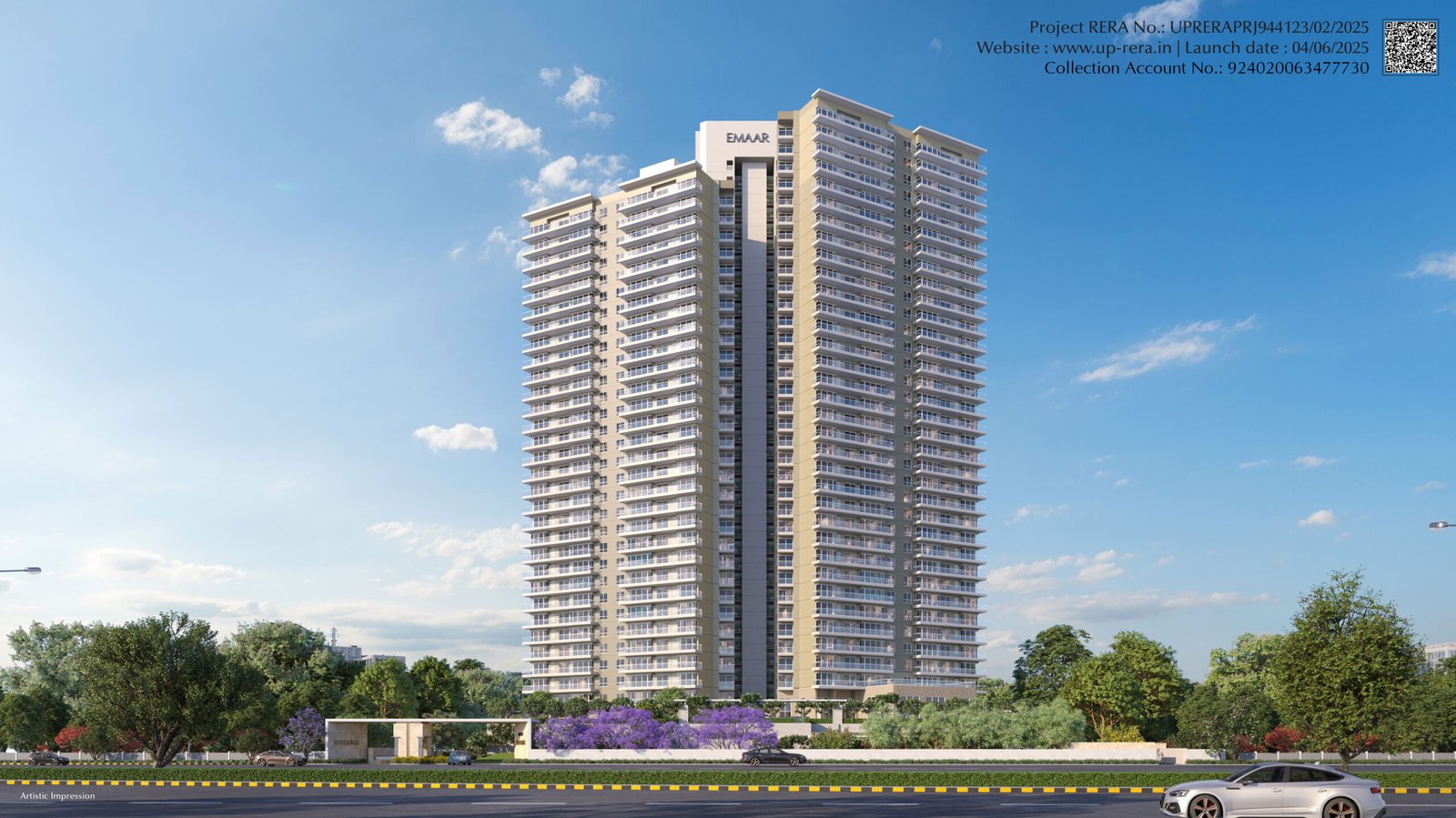
NEW DELHI: Emaar India, the Indian business entity of the globally renowned brand EMAAR, announced the launch of its first premium high-rise residential project, ‘Elite Oasis’, at Gomti Nagar Extension – one of the most upmarket neighborhoods in the capital city of Uttar Pradesh.
Elite Oasis offers a wide range of residential units, 3BHK + U and 4BHK + U (two types), catering to the needs of all those who aspire for premium living. The price range for 3BHK units will be between Rs 2.75 to 2.90 Cr and for 4BHK units between Rs 3.87 to 4.15 Cr.
Speaking at the launch, Kalyan Chakrabarti, CEO, Emaar India, said, “In Lucknow, Emaar is going to utilize this expertise to launch our first group housing project for the people of Lucknow, who are aspiring for a world-class lifestyle. Hence the name Elite Oasis, a community of like-minded people who seek the best.”
News
MoHuA secretary inaugurates CII-NBCC Training Center in New Delhi
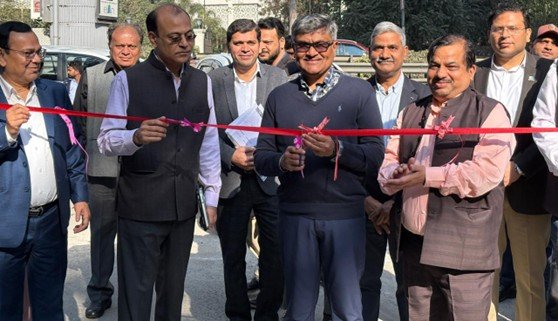
NEW DELHI: Srinivas Katikithala, Secretary, Housing & Urban Affairs, Ministry of Housing & Urban Affairs (MoHuA) inaugurated CII-NBCC Training Center at Ghitorni in the presence of Rajiv Arora, Joint Secretary, MoHuA, K. P. Mahadevaswamy, CMD, NBCC, Dr. Suman Kumar, Director (Commercial), NBCC and other senior officers from NBCC.
In a significant move to bridge India’s skill gap and enhance employability, NBCC and Confederation of Indian Industry (CII) have come together to establish a Multi Skill Training Institute (MSTI) and a Model Career Centre (MCC) at Ghitorni, Delhi. This collaboration will empower India’s youth by providing industry-relevant skills, facilitating employability, and fostering economic growth.
The training programs stand to impact youth across Delhi and surrounding regions, ensuring that they are equipped with skills that align with the industry’s evolving needs. Through career counselling, job fairs and industry linkages, the program will facilitate direct placements, ensuring that the youth are not only trained but also provided with clear pathways to employment. The program will offer industry-aligned bridge courses aimed at reskilling and upskilling youth, preparing them for the modern workforce in sectors like retail, manufacturing, BPO and logistics.
News
Vicasa Group launches mega tree plantation drive and announces new Luxury Hotel in Gopalpur
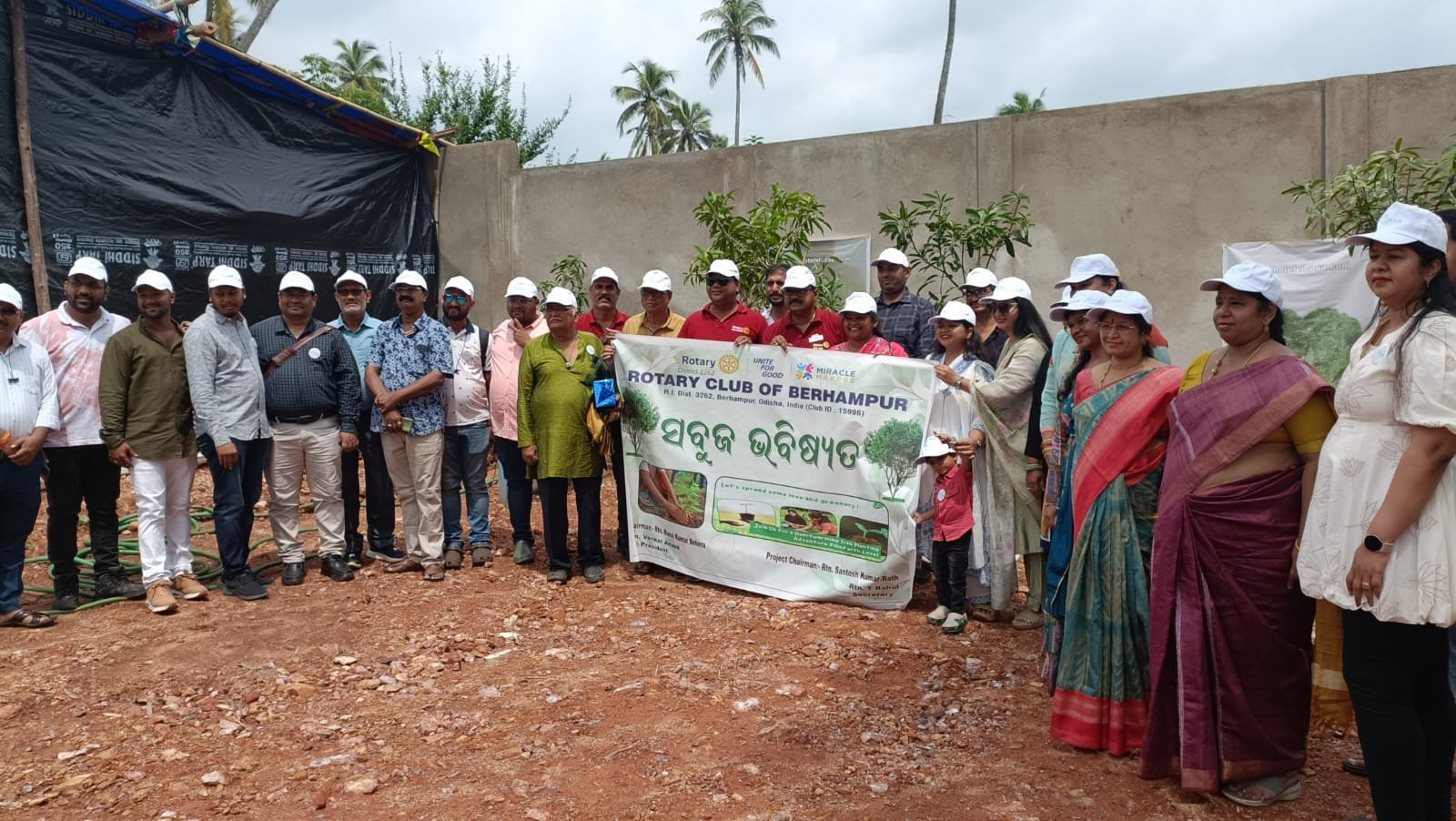
NEW DELHI: Vicasa Group, a subsidiary of the reputed Sereen Ventures Private Limited, organized a mega tree plantation drive in Gopalpur.
In collaboration with the Rotary Club of Brahmapur, over a hundred trees were planted near the Chilikeswar Mahadev Temple. With the motto “Trees are Life,” Vicasa Group aims to promote environmental conservation and raise awareness for a sustainable future. The initiative targets planting a total of 1,200 saplings.
Vicasa Group is also set to launch a new hotel in South Odisha, currently under construction. Spanning 32,000 square feet, the hotel will dedicate 70% of its area to green spaces. The project is slated for completion by next year’s Durga Puja, aiming to boost tourism in Odisha.
The event saw participation from key figures, including Dr. Anchal Choudhury, Director of Sereen Ventures Private Limited, CA M. Vaishnavi, CMA Sila Sneha, and others. Shailendra Nagalia from Vikasa Group outlined the program’s objectives, joined by associates K. Nagasaran Subuddhi and J. Anish. Soumya Ranjan Choudhury, Chief of Central Bank of Khallikote Branch, and Abinash Mahapatra, Director of Aakruti Media, commended Vicasa’s vision.Hotel Vicasa, a modern three-star luxury resort, is preparing to welcome guests in Gopalpur with a unique blend of comfort and elegance.
Embracing the tagline “A Confluence of Life and Comfort,” the resort will feature 50 state-of-the-art rooms, offering an unforgettable experience. Rooted in Odisha’s cultural ethos, it aims to provide unparalleled amenities amidst nature for domestic and international tourists. Located along the scenic Bay of Bengal coast, Hotel Vicasa promises to deliver a grand experience while showcasing Gopalpur’s natural beauty.
News
Godrej Properties acquires ~14-acre land parcel in Kharadi – Wagholi, Pune
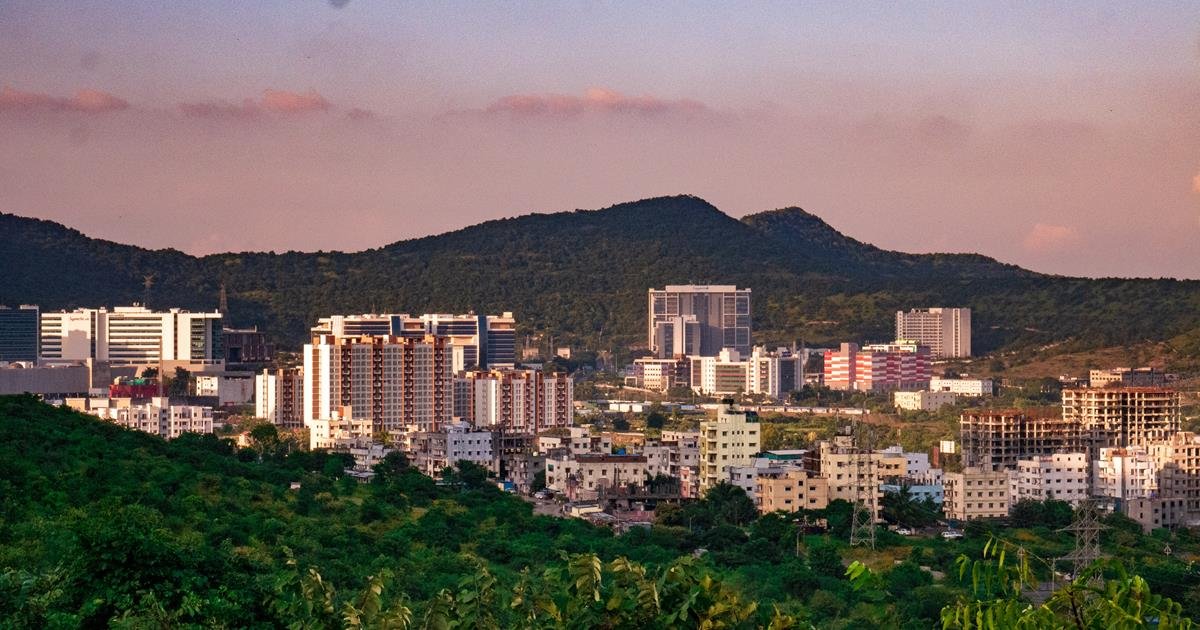
NEW DELHI: Godrej Properties Ltd. (GPL),a real estate developers, announced that it will develop ~14-acre land parcel in Kharadi – Wagholi, Pune.
The development on this land will comprise primarily premium group housing. The project will have a developable potential of ~ 3.7 million square feet with an estimated revenue potential of ~ INR 4,200 crore *.
The land parcel is strategically located near major commercial hubs in Kharadi, Pune, and provides access to schools, hospitals, malls, restaurants, and premium hotels. It is also in close proximity to Chhatrapati Sambhaji Maharaj International Airport.
Gaurav Pandey, MD & CEO, Godrej Properties, said, “Kharadi – Wagholi is one of the most sought-after destinations in Pune, and we are happy to mark our entry into this micro market. This further enhances our presence in Pune and fits within our strategy of strengthening our presence across key micro-markets in India. We will aim to build a high-quality development that creates long-term value for its residents.”
-
Uncategorized10 months ago
Hello world!
-

 News9 months ago
News9 months agoKajaria Ceramics exits from plywood business due to continued losses
-

 News9 months ago
News9 months agoDella Resorts, Hiranandani Communities & Krisala Developers to jointly develop a township in Pune
-
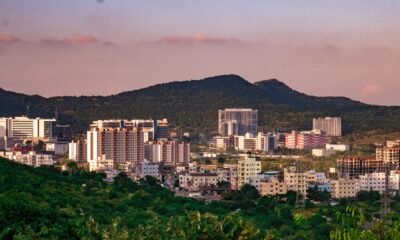
 News9 months ago
News9 months agoGodrej Properties acquires ~14-acre land parcel in Kharadi – Wagholi, Pune
-

 News9 months ago
News9 months agoBrookfield India REIT’s net operating income up 16% to Rs 488.5 crore in Q4 FY25
-

 News9 months ago
News9 months agoAvas Wellness launches Rs 500 crore premium residential project ‘Ananta’ in Alibaug
-

 News9 months ago
News9 months agoMaharashtra government unveils housing policy with focus on slums redevelopment low-cost homes
-

 News9 months ago
News9 months agoUttar Pradesh government’s GCC policy to position Noida, Lucknow, Varanasi as tech hubs
